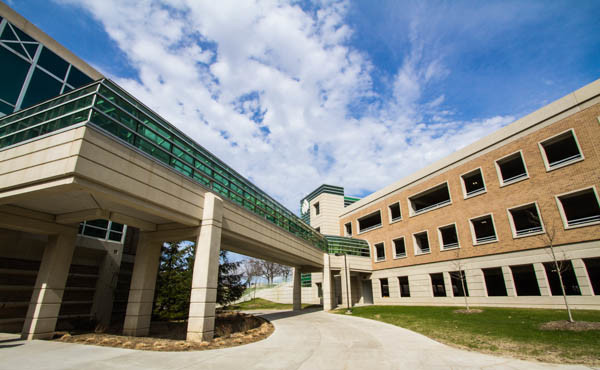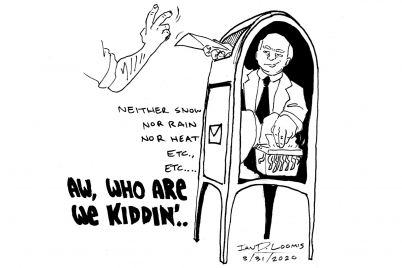“Alone we can do so little; together we can do so much,”
-Helen Keller
Just when the Washtenaw Community College Education Association and President Rose Bellanca, along with her administration, thought communications were improving, the optimism came to a screeching halt at the Sept. 21 board of trustee meeting.
Pamela Horiszny, former board treasurer, announced her resignation which officially went into effect on Sept. 30. During her resignation speech, she made strong remarks in favor of Bellanca’s effort.
Horiszny also spoke of a perceived lack of effort she saw from the WCCEA, even though faculty union President Maryam Barrie used her opening speech, earlier at that same meeting, to express that they were looking forward to continuing improving communication. Barrie said this despite the number of concerns raised by the WCCEA throughout the last four years.
Bellanca shared this sentiment of improving communication. In a recent interview with The Voice that took place after the meeting, Bellanca said, “We have not been complaining. I’ve not been complaining about the union…They’ve (the union) been balanced in their comments…I have no idea why she (Horiszny) would bring up the past. That was past and we’re looking at future focus.”
In Horiszny’s defense, she was simply stating how she’s felt and being that this was her last meeting, she “said what she had to say.” Although this may be true, this does not excuse the fact that the end result led to WCCEA’s members and Chief Negotiator David Fitzpatrick feeling the bridges they had worked to build had once again been burnt. It may be surprising to some that Bellanca didn’t find it necessary at the meeting to smooth out the rifts created by Horiszny’s words.
Whether people argue that the lack of communication is one group’s fault or the other, if concerns are being raised, then concerns should be addressed. In a previous editorial published by The Voice on Sept. 22 2014, it was written that “We plead with the faculty and the administration: Keep trying. Keep talking. Please keep working towards reconciliation for the students you are here to serve.”
The plea today is no different, maybe even stronger. When the leaders of an institution struggle to get along and find common ground, the effects can trickle down the system to the students. If faculty as a whole aren’t happy and feel their needs aren’t sufficiently met, students may ultimately suffer.
At the time of Bellanca’s “no confidence” vote, three other community colleges in the state of Michigan also passed votes of “no confidence” in their respective presidents, according to a Voice article from May 2014. So although this issue between the WCCEA and the WCC administration isn’t an isolated incident, the bigger issue is that educators are not feeling valued by the institutions that employ them – or at least not feeling that their positions have a prominent voice in the conversations.
This is something occurring across the country. WCC has always held a reputation of being an institution that takes initiative and tries to set the trend, why not set the trend of treating teachers like the critical piece of the education puzzle that they are?


